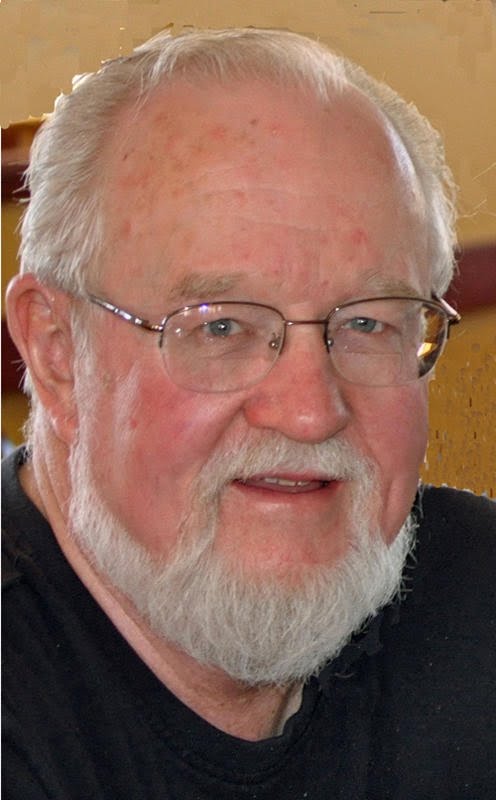Seeing and Seeking in the Dark with Emily D
I suppose the occasion of a full family dinner for St Patrick’s Day was not the ideal time to inform everyone about my affair. But I could no longer abide a clandestine assignation. It was time for candor and a heartfelt reveal. I told them the affair kept me up late, almost nightly, into the early morning hours, in the corner room of our house where I met with her and we pursued our passions. “I seek the Dark/Till I am thorough fit.”
My wife
feigned shock. My daughters, not
entirely clear what I was talking about, flung questions. “Are you serious?” “Who is this hussy?” Filled with shame but not regret, I fished the
laminated Topps Heritage card from my shirt pocket and passed it round the
table.

There was
palpable relief. Just another one of
Dad’s cornball literary jokes. And hey,
if this lady writes poems so good they sweep you away, what’s she doing on an
old –timey baseball card? Answer:
because she is an American national treasure, as you both well know.
Truth be told—reading
and re-reading Emily Dickinson’s poems in blissful solitude; the quiet hours
after midnight, my corner room suffused by moonlight through the blinds; her
life laid out in letters and many biographies; her writing glossed by the lit
crit thought-leaders, earnestly attempting to explicate the ineffable;—this
rendezvous was more thrilling and transporting than any physical affair I could
have imagined or experienced.
Thrilling and
oddly transgressive. Her work, produced
in the haven of her parents’ home, eschewed the thunderous conflicts of the
time (e.g., the Civil War, the apostasy of Darwin, the famine fleeing
Celts). One commentator’s book, My Emily Dickinson,
declares in its title a possessive intimacy which many of us feel when we hear
her poems or learn about her life. It’s
not unusual to think, “I know what she means by that” even if others do not. And then there’s the recluse rap. I am one who rejects that category. Emily Dickinson was not a recluse but she was
reclusive, and her withdrawal from social concourse was intentional in the
latter third of her life. A recluse does
not enjoy friends while growing up, does not write over 400 letters, and does
not fashion many “fascicles” of her poems which she sent to relatives and acquaintances
who were readers of sense and sensibility.
Emily also sustained an important literary friendship with Thomas
Higginson. Admittedly it was contact
mainly through correspondence but she sought him out, with that famous and
touching request to tell her if her poems “lived.”
Most importantly she herself was “the soul [who] selects
her own society.” And in that solitude resides an important key to
understanding what makes Emily Dickinson not only a major poet, but the best
female poet to be found in the western canon. Harold Bloom asserts this ranking, and praises
her powerful “cognitive originality.” By
that he means Emily Dickinson “thought everything through for herself.”
Her achievement was enabled by courage and
confidence. She knew she had the mind
and the vision to be a poet whose work would matter. She also knew that giving voice to her Muse
required all of her concentration and energy. She could not spend herself on unnecessary
direct personal contact with others. I love that about her. Most people we are in touch with we don’t
need and they do us little good. Emily
had the resolve to “shut[s] the Door— . . . Then—close the Valves of her
attention—/Like Stone—“. Had she not
done so, she would not have heard “a Fly buzz—when I died—“and immortalized the
moment:
With Blue—uncertain
stumbling Buzz—
Between the light—and
me—
And then the Windows
failed—and then
I could not see to
see.
Read her poems alone.
Hang a “Do not Disturb” sign on the door. Read them aloud. When your voice catches, when you find a line
that makes you flush, when you smile or even tear up a bit, you’re side by side
with Emily, seeking and seeing in the dark.






0 Comments:
Post a Comment
Subscribe to Post Comments [Atom]
<< Home